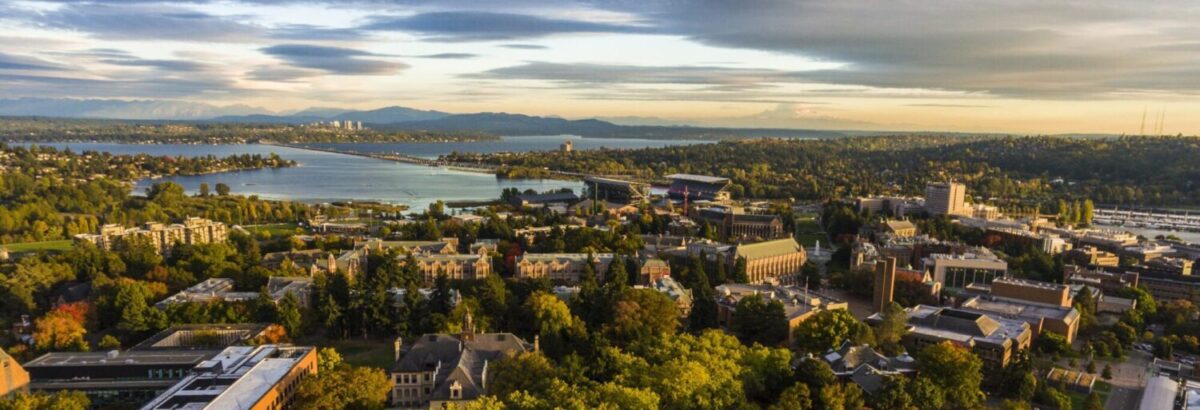Posted on April 18, 2023

Urban@UW is excited to announce the project teams selected for the inaugural cohort of the Research to Action Collaboratory (RAC). Throughout the next 18 months, Urban@UW will work with these teams and provide seed funds, dedicated time to build team cohesion and collaboration skills, and foster opportunities for peer support and shared resources and learning.
Just circular communities: a resiliency framework to support a just transition toward regenerative economies in frontline communities
The community-initiated and led Just Circular Communities (JCC) project seeks to address environmental injustices by developing community-owned and managed infrastructures as place-based circular economy jobs designed to address systemic displacement, economic stagnation, and resilience in Frontline neighborhoods within the Duwamish Valley. The JCC concept was developed in early 2021 to address the problem of “green gentrification” with community-owned green infrastructure assets.
This project will advance this concept by co-developing a community-led resiliency framework and implementation plan that aligns with the community’s vision for a Just Transition (JT) through community initiatives grounded in shifting toward regenerative economic models. As community lead, Sustainable Seattle will connect community members to this project by identifying and facilitating learning about and developing the JCC framework. Our proposal supports ongoing visioning and planning work documented in the Duwamish Valley Action Plan, which was completed by the City with community participation.
Project team:
Natalie Garcia (Community Lead), co-director, Sustainable Seattle
Catherine De Almeida (Co-PI), assistant professor, Landscape Architecture
Gundula Proksch (Co-PI), associate professor, Architecture
Nat Gregorius, masters student, Landscape Architecture
Edwin Alberto Hernandez Reto, director, Duwamish Valley Sustainability Association
Cesar Lopez, project coordinator, Duwamish Valley Sustainability Association
Christoph Strouse, masters student, Urban Design & Planning
The inaugural RAC teams will gather in early May to explore, discuss and build team-specific collaborative supports and project-specific plans. Learn more about how the Research to Action Collaboratory approaches building collaborative capacity, and how you can get involved.